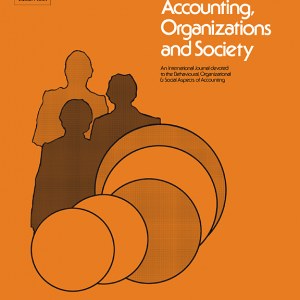
Bol, \J.C.\, Kramer, S. and Maas, V. (2016). How control system design affects performance evaluation compression: The role of information accuracy and bonus transparency Accounting, Organizations and Society, 51:64--73.
-
Affiliated authorsBerber Kramer, Victor Maas
-
Publication year2016
-
JournalAccounting, Organizations and Society
Prior research has shown that managers tend to compress ratings when subjectively evaluating employees and that such compression can have negative organizational consequences. We reason that organizations can use the design of their control system to influence the personal costs and benefits associated with managers' rating decisions and thus shape managers{\textquoteright} rating behavior. Based on findings from prior literature, we focus on the effects of two control system design elements: the accuracy of the information on which managers need to base their evaluations and the transparency about performance evaluation outcomes. We hypothesize that increasing information accuracy will increase the extent to which managers differentiate between stronger and weaker employees, but only when there is transparency about evaluation outcomes. Our experimental data support this hypothesis, and we discuss the implications of our findings for management accounting theory and practice.